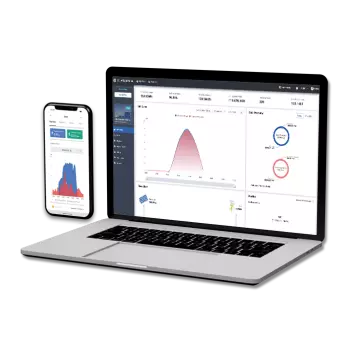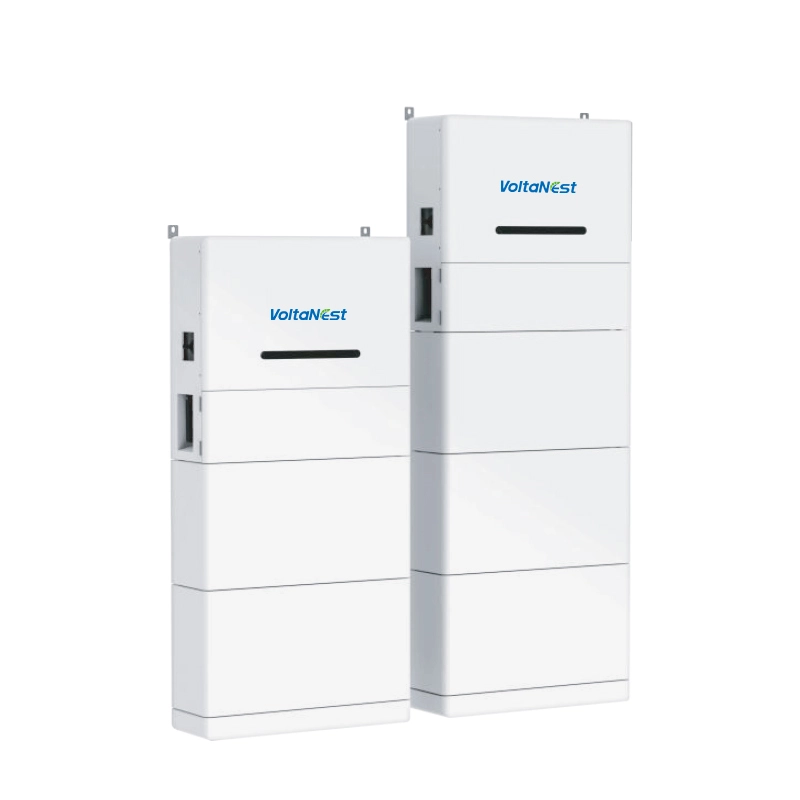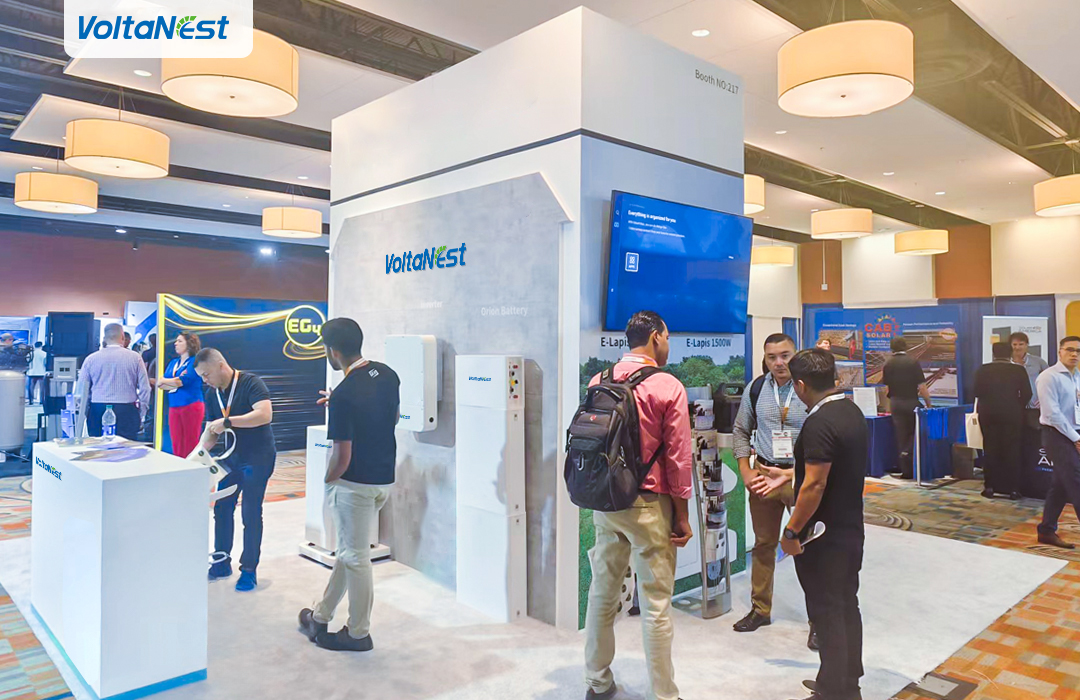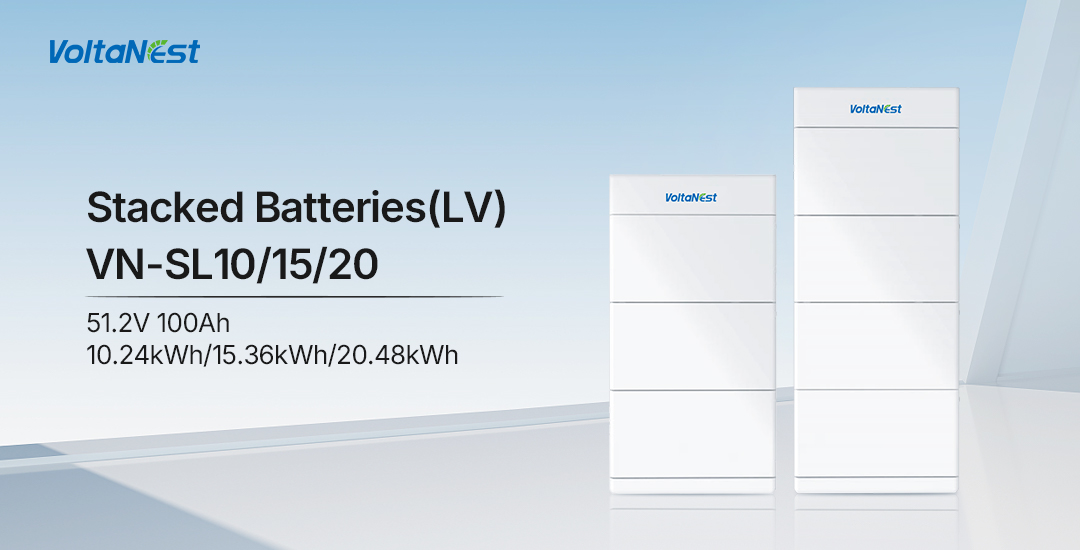Energy Storage Inverters vs. Photovoltaic Inverters: What You Need to Know
Release time: 2019-09-04
The renewable energy landscape is rapidly evolving, and the integration of solar and energy storage technologies is becoming increasingly important. At the heart of these systems are inverters—devices that play a crucial role in converting electrical energy into usable forms. In particular, energy storage inverters and photovoltaic (PV) inverters are central to managing energy flow within modern systems. Though they might seem similar, these two types of inverters serve very different purposes. This article explores their differences, roles, and benefits, helping you understand which inverter is right for your energy needs.
Table of Contents
What Is the Fundamental Difference Between Energy Storage and PV Inverters?
Energy Storage Inverters:
Energy storage inverters manage the flow of electricity between battery storage systems and the grid or connected loads. They convert DC (Direct Current) power from batteries into AC (Alternating Current) power, which is suitable for household use or grid distribution. Energy storage inverters are primarily used in hybrid or off-grid systems where batteries store excess energy, which can be discharged when needed. These inverters also help with energy management, making sure the battery is charged and discharged efficiently.
Photovoltaic Inverters:
In contrast, photovoltaic inverters are designed specifically to convert the DC electricity generated by solar panels into AC power. Solar panels produce DC electricity when exposed to sunlight, and photovoltaic inverters ensure that the power is converted into a usable AC form. Photovoltaic inverters are most commonly found in solar energy systems, whether residential, commercial, or industrial.


Why Can’t a Standard PV Inverter Provide Backup Power During Outages?
A standard PV inverter is not designed to provide backup power during grid outages because of safety regulations. Solar systems that feed electricity into the grid require synchronization with the grid’s frequency and voltage. When the grid goes down, the inverter automatically shuts down to prevent any backflow of power, which could harm utility workers repairing the grid.
In contrast, energy storage inverters can provide backup power. These inverters manage the discharge of energy from the battery storage, allowing users to maintain electricity during an outage, independent of the grid.
How Much More Efficient Are Systems with Storage Inverters?
Systems equipped with energy storage inverters can significantly increase efficiency when compared to solar-only systems. These inverters allow for energy optimization by controlling when and how energy is stored or discharged. In addition, energy storage systems provide load shifting, which helps users avoid high electricity rates by using stored power during peak demand times.
When combined with solar panels, these systems provide a level of self-sufficiency that is not achievable with photovoltaic inverters alone. On average, energy storage inverters can improve overall system efficiency by 10-30%, depending on the storage system’s size and the energy management practices employed.
What Financial Benefits Do Energy Storage Inverters Provide Globally?
The integration of energy storage inverters offers several financial benefits to users worldwide:
Reduced Energy Costs:
With energy storage systems, users can store excess energy generated by their solar panels during the day and use it during peak hours when electricity prices are higher. This helps reduce electricity bills significantly.
Energy Independence:
In many regions, energy storage systems allow consumers to become more energy independent. By relying on stored energy during outages or high-cost periods, users can reduce their dependence on the grid, leading to long-term cost savings.
Incentives & Subsidies:
In some countries, governments offer incentives and rebates for adopting energy storage systems, making the initial investment more affordable. These incentives have been a driving force in the increased adoption of energy storage systems globally.
Increased Property Value:
Homes equipped with solar panels and energy storage systems tend to see an increase in market value. With the growing emphasis on sustainable living and renewable energy, properties that have energy storage solutions are seen as more attractive investments.
International Standards for Energy Storage Inverter Integration
Energy storage inverters must meet specific international standards to ensure their safety and compatibility with the grid. Some of the most commonly adopted standards include:
IEC 62109 (Safety of Power Converters):
This standard focuses on the safety requirements for power electronics, including inverters, ensuring they operate safely in residential, commercial, and industrial environments.
IEEE 1547 (Interconnection Standards):
This standard defines the requirements for inverters to connect safely and effectively to the grid. It ensures that the inverter can withstand disturbances and disconnect from the grid in the event of an outage.
UL 1741 (Inverters, Converters, and Controllers):
This safety standard is widely adopted in the United States. It provides guidelines for inverters to ensure they meet performance and safety standards, particularly in grid-connected systems.
These standards ensure that energy storage inverters operate within the required specifications, making them reliable and safe for integration into power systems worldwide.
Which Global User Groups Benefit Most from Energy Storage Inverters?
Energy storage inverters offer a range of benefits to different user groups globally. These groups include:
Homeowners in Remote Areas:
For off-grid homes, energy storage inverters allow homeowners to store solar energy and use it when there is no sunlight or when the grid is unavailable, making them more self-sufficient.
Businesses & Industries:
Commercial and industrial facilities can benefit from energy storage inverters by reducing energy costs, improving energy efficiency, and ensuring an uninterrupted power supply during outages. This is particularly valuable in industries where downtime can be costly.
Utility Companies:
Energy storage inverters play a significant role in helping utility companies manage grid stability. By storing excess energy during low demand periods, utility companies can discharge energy during high demand, thereby balancing supply and demand.
What Key Specifications Define Quality Energy Storage Inverters in Global Markets?
When selecting energy storage inverters, it is important to consider key specifications that define the quality and performance of the system:
- Efficiency: Look for inverters with high efficiency (typically over 90%) to maximize energy conversion.
- Battery Compatibility: The inverter should be compatible with various types of batteries, such as lithium-ion or lead-acid batteries.
- Power Output: Ensure the inverter can handle the total power output required by your home or business.
- Safety Features: Look for certifications like UL and IEC to ensure the inverter meets international safety standards.
- Warranty: A solid warranty (usually 5-10 years) reflects the manufacturer’s confidence in the product’s reliability.
Global Value Proposition
Energy storage inverters offer a compelling value proposition globally. As the world moves toward more sustainable energy solutions, these inverters allow users to maximize their renewable energy investments, reduce energy costs, and increase system reliability. By integrating solar panels with battery storage and energy management technologies, energy storage inverters create an energy ecosystem that is more efficient, resilient, and cost-effective.
Contact VoltaNest
For more information about energy storage inverters and how they can benefit your energy system, VoltaNest offers cutting-edge solutions that are designed to meet your unique energy needs. Whether you’re interested in optimizing your solar system or integrating battery storage, our team of experts can help guide you through the process and ensure a reliable, efficient, and cost-effective energy solution. Contact us today to learn more!






